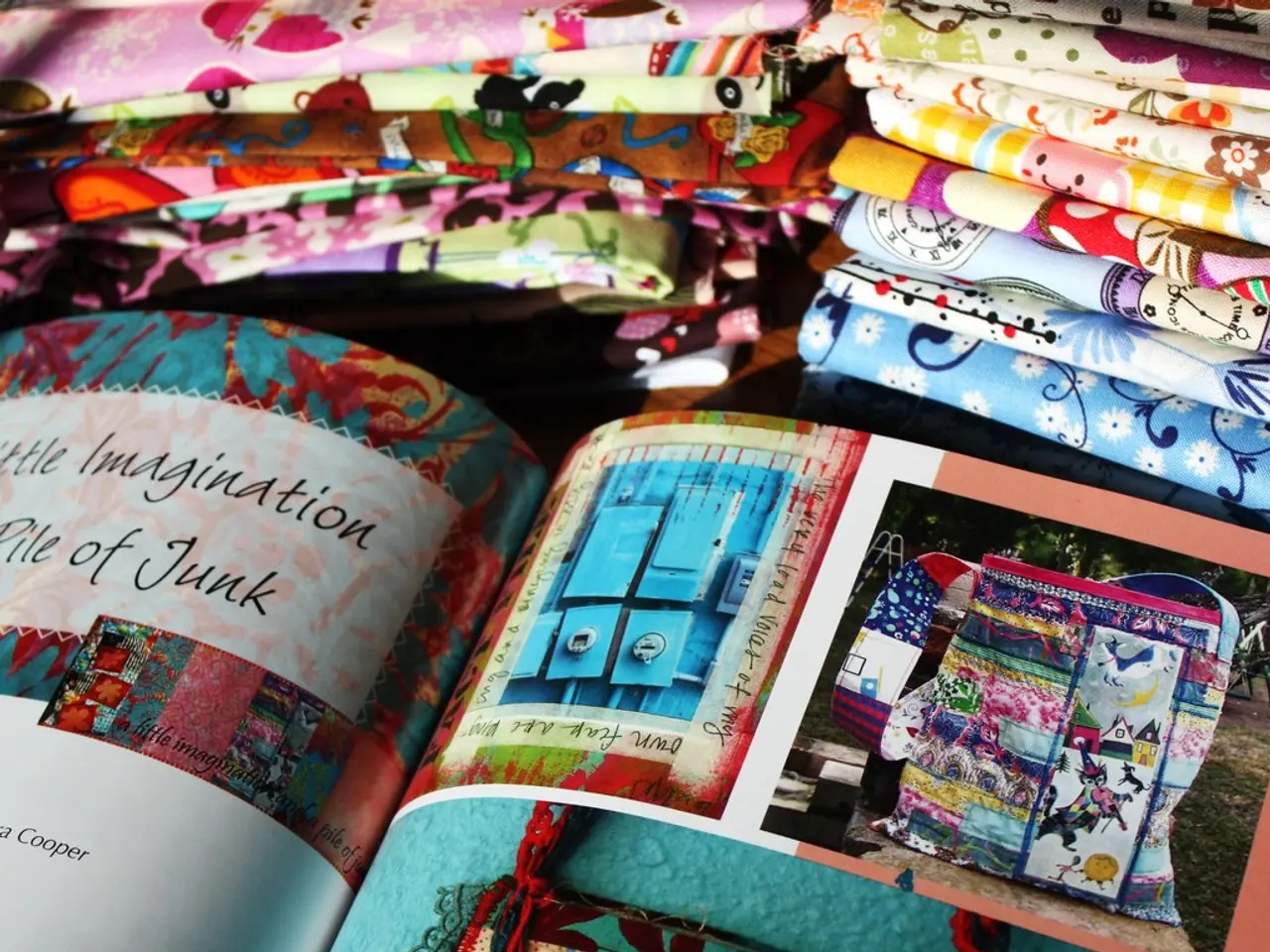Self-Forgiveness and Liberation: Exploring the Power of Forgiveness in Freeing One's Spirit
In the realm of psychology, forgiveness has emerged as a powerful self-care practice that promotes empowerment and boundary-setting. This act of consciously releasing anger and resentment without excusing harm is closely tied to personal boundaries and empowerment.
Forgiveness offers numerous benefits, starting with reduced stress and emotional burden. By lowering physiological stress markers such as cortisol and improving mental clarity, it strengthens personal resilience and emotional regulation. This, in turn, fosters emotional healing and self-empowerment.
Forgiveness is also a proactive, empowering decision that underscores self-agency. It is about healing oneself rather than letting the offender "off the hook." This emphasis on self-agency reinforces personal empowerment by showing that one defines their emotional state rather than being controlled by past harms.
Contrary to popular belief, forgiveness does not require reconciliation or eliminating boundaries. Healthy boundaries can and should be maintained even after forgiveness. Forgiving means you release resentment and anger internally, but you can still protect yourself from further harm by setting limits on future interactions.
Forgiveness enhances self-esteem by allowing individuals to recognise they are not defined by the wrongs done to them and reclaim control over their emotional wellbeing. This empowerment contributes to emotional resilience and self-esteem, all crucial components of personal empowerment and boundary-setting.
Berlin psychotherapist Wolfgang Krüger asserts that forgiveness can empower and improve self-esteem. Forgiveness can potentially lead to feelings of closeness and love towards the person again, replacing anger and hurt. Maya Angelou, an American writer and civil rights activist, echoes this sentiment, stating, "Forgiveness is the greatest gift you can give yourself."
Psychologist Nicole LePera encourages viewing forgiveness as a self-care act and a boundary. Forgiving someone does not necessarily mean allowing them back into one's life. It is possible to see the positive sides of the other person again after forgiving them, and be open to them, while still maintaining healthy boundaries.
Workshops are available to help individuals work through past hurts and learn to deal with current ones, enabling forgiveness. By embracing forgiveness, individuals can experience physical relief, with the pressure in the stomach or chest disappearing and energy flowing again. The positive energy of forgiveness can contribute to a more joyful life, according to the co-author of "Awaken Your Joy."
However, Krüger notes that forgiveness can be difficult, but explains that it involves overcoming powerlessness and adopting a generous mindset. Understanding that limitations and disappointments are possible everywhere, especially in relationships, can make us more tolerant towards others. Life, in essence, can be a good teacher, teaching us about limitations and disappointments, especially in relationships.
In conclusion, forgiveness as self-care in psychology aids empowerment by enabling individuals to let go of toxic emotions, reclaim control over their mental and emotional health, and maintain healthy boundaries without feeling guilt or inner conflict. It fosters emotional resilience and self-esteem, all crucial components of personal empowerment and boundary-setting.
- Forgiveness, as a practice within self-care and health-and-wellness, aids mental health by strengthening personal resilience and emotional regulation, fostering emotional healing and self-empowerment.
- By choosing forgiveness, individuals can actively prioritize mental health, establishing and maintaining personal boundaries while promoting emotional well-being and self-esteem, thus contributing to overall personal empowerment in the realm of psychology and in life.




